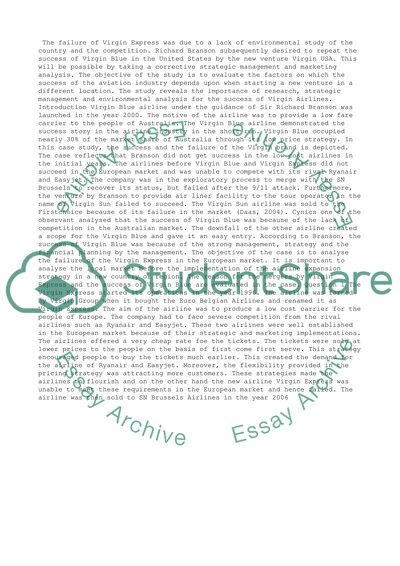Cite this document
(“International Business Assignment Example | Topics and Well Written Essays - 4000 words”, n.d.)
International Business Assignment Example | Topics and Well Written Essays - 4000 words. Retrieved from https://studentshare.org/business/1496360-international-business
International Business Assignment Example | Topics and Well Written Essays - 4000 words. Retrieved from https://studentshare.org/business/1496360-international-business
(International Business Assignment Example | Topics and Well Written Essays - 4000 Words)
International Business Assignment Example | Topics and Well Written Essays - 4000 Words. https://studentshare.org/business/1496360-international-business.
International Business Assignment Example | Topics and Well Written Essays - 4000 Words. https://studentshare.org/business/1496360-international-business.
“International Business Assignment Example | Topics and Well Written Essays - 4000 Words”, n.d. https://studentshare.org/business/1496360-international-business.


